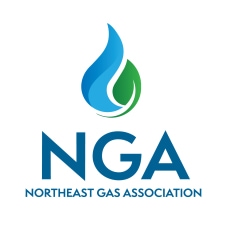Hazard Awareness and Prevention Measures
Like all forms of energy, natural gas must be handled properly. Despite an excellent safety record, a gas leak caused by damage to a pipeline may pose a hazard and has the potential to ignite.
Pipeline Safety
-
Coordination with One Call Center
-
Inspection programs
-
Design and construction practices
-
Workforce qualifications
-
Industry safety practices and government oversight
-
Pipeline markers and facility mapping
-
Public education programs
-
Pipeline Integrity Management Program
Gas transmission pipeline operators
Federal regulations require pipeline operators to develop integrity management programs for gas transmission pipelines located where a leak or rupture could do the most harm, i.e., could
impact high consequence areas (HCAs). Gas transmission pipeline operators are required to perform ongoing assessments of pipeline integrity, to improve data collection, integration, and
analysis, to repair and remediate the pipeline as necessary, and to implement preventive and mitigative actions.
Find your local utility provider to view their programs:
New Hampshire
New York
- Bath Electric, Gas & Water Systems
- Central Hudson Gas & Electric Corporation
- Consolidated Edison Company of New York, Inc.
- Corning Natural Gas Corporation
- Liberty Utilities
- National Fuel Gas Distribution Company
- National Grid - Long Island
- National Grid - Metro NYC
- National Grid - upstate
- New York State Electric & Gas Corporation
- Orange & Rockland Utilities, Inc.
- Rochester Gas & Electric Corporation
- Valley Energy

